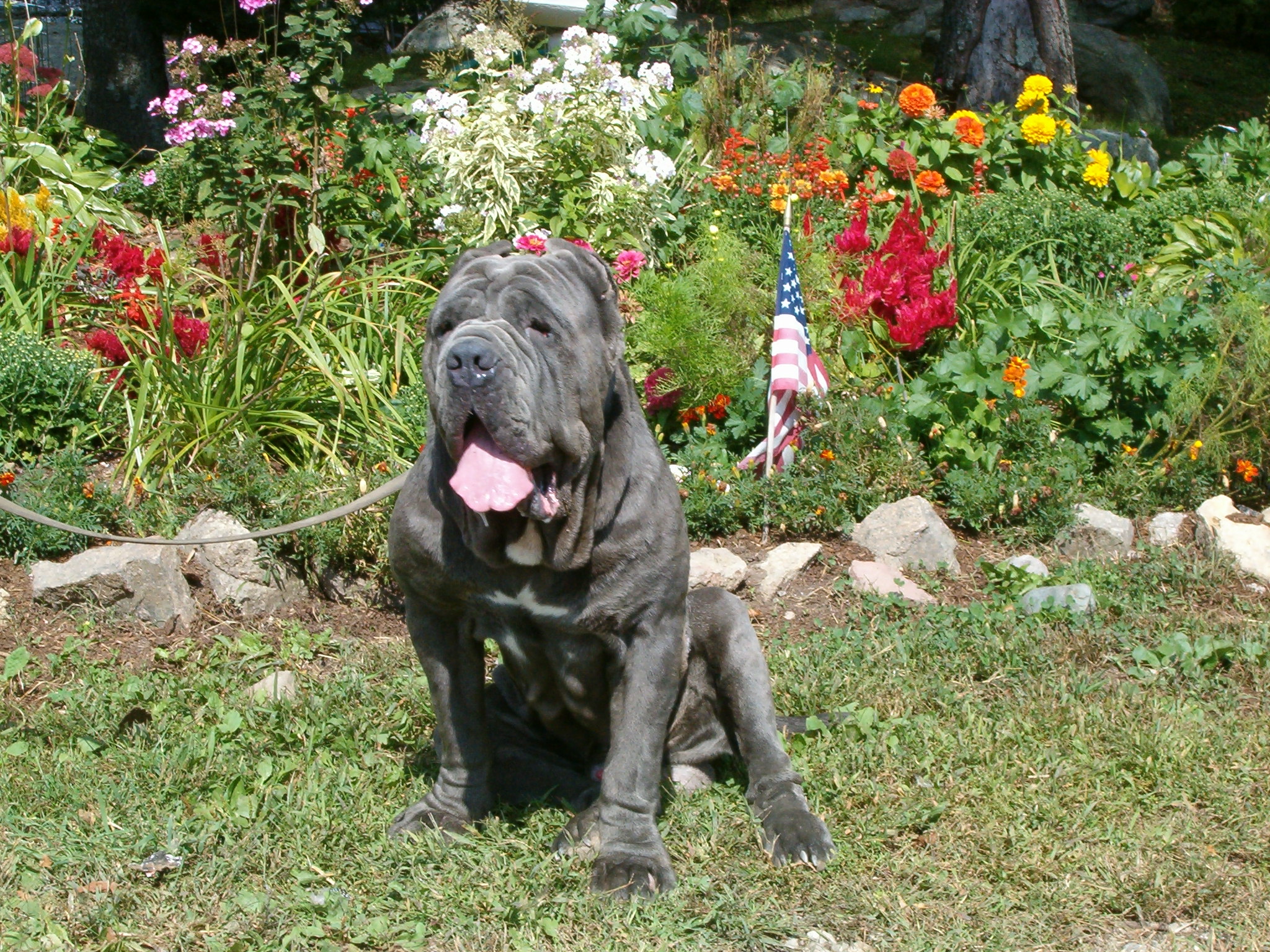Allergy season isn’t just for us humans — many dogs are also prone to developing seasonal allergies that can sometimes make them feel as miserable as we do. Luckily, the signs and symptoms that your dog has allergies are just as obvious as our own. There are many treatments you can give for dogs with allergies, so it’s worth taking a look at some of them if there is a particular allergy problem that your dog is having. At Canine College, we’re here to help dog owners distinguish the signs of spring allergies in their pups so you can know when to seek out medical treatment.
Signs Your Dog is Suffering Spring Allergies
Oftentimes allergic reactions can be very uncomfortable for your dog. Symptoms can end up affecting the skin, digestive system and respiratory system.
- Red, itchy or scabbed skin usually on the face, within the ears or elsewhere on the body such as toes or legs. If your dog is constantly itching, it might be worth checking out this dog itchy skin home remedy so that you can help treat the issue.
- Increased scratching of the ears or eyes. Oftentimes dogs may rub themselves against an abrasive surface such as grass, shrubs, carpets or other surfaces in order to rid themselves of a constant itch.
- Itchy or runny eyes that have have green or discolored eye goop. Yes, this sounds gross — but don’t forget to check your dog’s eyes! Bloodshot eyes or eyes that have discolored goop are sure signs of allergies.
- Sneezing, vomiting, diarrhea and ear infections may also be signs of seasonal allergies. Although vomiting and diarrhea are less common and could be a symptom of another unrelated health issue, it’s nonetheless important to try and rule out allergies first. Either way, any of these symptoms should be addressed by a veterinarian.
- Constant licking or chewing of the paws is another sign of allergies. Our dogs love being outside –especially when the weather warms up. While they are stomping around in the grass, pollen can easily collect between their toes and start irritating the tender pads of their feet. Don’t forget to wash your dog’s paws off after a hike through the woods or field.
- Loud and constant snoring due to an inflamed or sore throat from allergies. If your dog is already prone to snoring, it’s important to distinguish between what constitutes as “normal” snoring and “abnormal” snoring. If it’s louder and more strained than normal, then allergies are probably the issue.
What To Do If You Suspect Allergies
If you’ve noticed any of the following symptoms in your dog lately, then it’s time to head to your veterinarian for dog allergy testing. If you don’t have a trusted vet, Canine College will be more than happy to recommend a few that are close to your home. Take your dog in for an initial exam and the vet will most likely prescribe either an oral allergy pill, eye drops, or surface ointment to reduce red, itchy and inflamed skin. Our dog training school can also administer allergy medications for those who are boarding their dogs with us. Contact us to learn more about our dog boarding or dog training programs.


